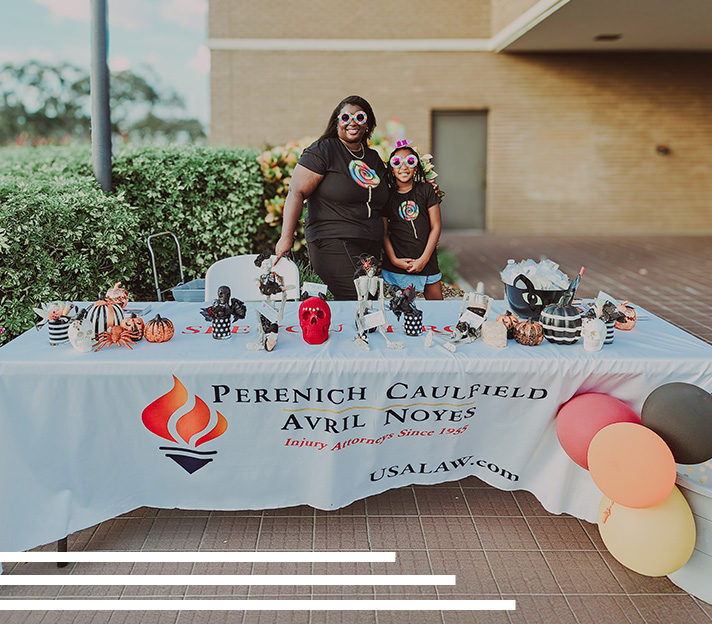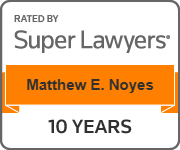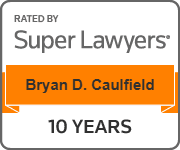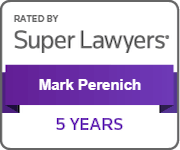Property Damage in a Personal Injury Case
When an accident happens, it’s common to suffer injuries and property damage. If your property was damaged in an accident, you can recover compensation from the at-fault party.
To ensure you get the money you deserve, it is important to identify all liable parties. If you have suffered property damage in a personal injury accident, then it is important that you speak to an experienced personal injury attorney immediately.
What is Property Damage?
Property damage can occur in endless ways. If your property gets damaged, you will need to know who to hold liable for the damage. Sometimes several parties can be responsible for compensating you for property damage in a personal injury case.
The most common insurance policies that cover property damage in personal injury cases are homeowner’s policies and car insurance policies. If your property was damaged in a car accident, then the car insurance policy would be the correct place to look for coverage and compensation. If property was damaged while on your or another’s property, then the homeowner’s insurance policy would be the correct place to look for coverage and compensation.
The facts and circumstances of your property damage will help determine where a claim should be made.
How is Property Damage Measured?
Generally, a property owner can recover the replacement or repair cost of their property, depending on the severity of the property damage.
Florida law limits the value of property damage to the lesser of:
- The property’s replacement, repair, or restoration cost
- Its diminution in fair market value
You will generally obtain proof of these values through quotes from professionals who specialize in repairing the property damage.
Other Important Information You Will Need for a Property Damage Claim
The first thing you need to prove in a property damage claim is ownership. You will need to submit proof that you are the owner of the property that was damaged or destroyed. You can prove ownership through an insurance policy on the item, or through the title, or receipt of purchase.
The next thing you will need to prove is where and how the property was damaged. Was the property damaged on someone else’s property? Was the property damaged in a car accident? Where did the accident take place? Did someone else directly cause the damage? These are just some of the questions you will need to answer in proving your case.
The value of your property is the final thing you will need to prove. Knowing how much it will cost to fix or replace your property is an essential part of any property damage claim. If you have questions about these issues, then it is important to speak to an experienced attorney.
What is the Statute of Limitations in Florida for Property Damage Claims?
A statute of limitations is a legal time limit that someone has to file a claim. If someone tries to file a claim after the statute of limitations has passed, their case will be dismissed. Statutes of limitations exist in both civil and criminal law.
In Florida, you have a four-year statute of limitations to file a claim for property damage. If your lawsuit isn’t filed in the correct court within four years, then you are likely barred from ever filing a claim.
There are a few situations where the statute of limitations can be extended in Florida, which include:
- The person you are trying to sue is outside of Florida for any part of the four-year period,
- The person you are trying to sue is hiding to prevent service, and
- If the plaintiff is a minor or declared legally incompetent by a court.
These situations allow the statute of limitations to pause until these issues no longer exist. If your property was damaged or destroyed, don’t wait to file your claim.
If your property has been damaged in an accident, then make sure you Contact our Cleawater law office at (727) 591-3354 to talk with an experienced personal injury attorney as soon as possible. An attorney can help you understand your legal options. They can also assist you in estimating the value of your property damage claim.

We treat you like family.
If you can’t come to us, we’ll come to you.
Representing Accident Victims in Tampa Bay since 1955



-
“Friendly knowledgeable and kept me informed about my case. Any offer, bill or question was readily answered. Would definitely recommend and refer people to Bryan Caulfield and his team!!”- Betty B.
-
“Mrs Bryant works her butt off to make sure you get what is do to you in medical and beyond! They won’t take your case if they don’t feel you haven’t been wronged.”- Christine R.
-
“Working with Mark Perenich on my auto injury case was an absolute game-changer. From the very beginning, he brought a level of professionalism, expertise, and care that immediately put us at ease.”- Kerry B.
-
“Lorrie and Allyson are phenomenal. I highly recommend them to anyone. It seemed like a never ending journey but I can’t thank them enough for diligently fighting my case with the greatest integrity, support and prayers.”- Former Client
-
“Allyson has been so helpful with navigating the disability process for my husband!”- Kaitlyn S.
-
“It honestly couldn’t have gone better. Pretty much perfect.”- Andreas B.
-
“From the first day we met this law group I felt very comfortable and knew we would be well taken care of. This was our first experience filing for SSD, and was not disappointed. The lawyers are awesome and very professional.”- Shari J.
-
“Very nice they worked with you. Never ignored me with my case. Always on top to work with you. Thank you so much for all that you have done to help me! Very highly recommend.”- Margarita O.
-
“My appointed attorney was Jacqueline, Bryant. She is very compassionate about her client and work. When it comes to negotiation, she's a Beast and she gets the job done.”- Alaina J.


We’ve been proudly serving Clearwater, St. Petersburg, and the Tampa Bay area for generations. As the first personal injury law firm in Clearwater, our dedicated legal team brings over 300 years of combined experience to each and every case. If you’ve been injured and need support, please reach outtoday for a free consultation, we are here to help you.



















